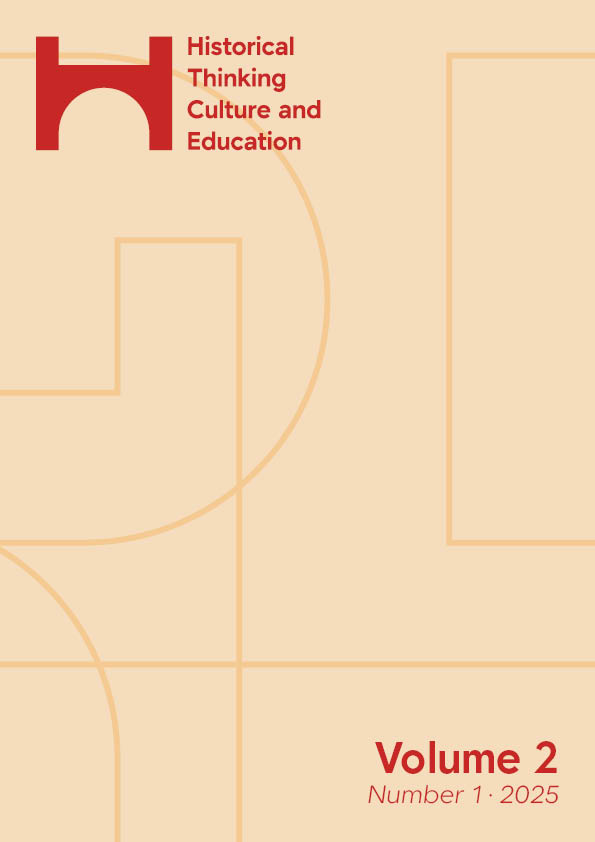Abstract
History educators are well positioned to connect, or reconnect, young people to their environmental relations, if they can expand the purposes and vehicles for history learning. This effort may include historical thinking, while also moving beyond it towards better understanding and upholding our relationships to the planet. We offer history educators a set of considerations as they plan experiences for learning that bring environmental topics into their teaching, bridging between theoretical literature and practical guidance. The four facets of experiences for learning on which we focus are: 1) eco-emotional literacy, 2) nature connectedness through experiential learning, 3) storying, and 4) inquiry practices. All facets are characterized by understanding how the past, present, and future are connected in ways that move towards overcoming anthropocentrism. To illustrate the possible learning outcomes of this approach to history education, we describe a teaching unit entitled “What is the story of this watershed?”

This work is licensed under a Creative Commons Attribution-ShareAlike 4.0 International License.
Copyright (c) 2025 The Author(s)


